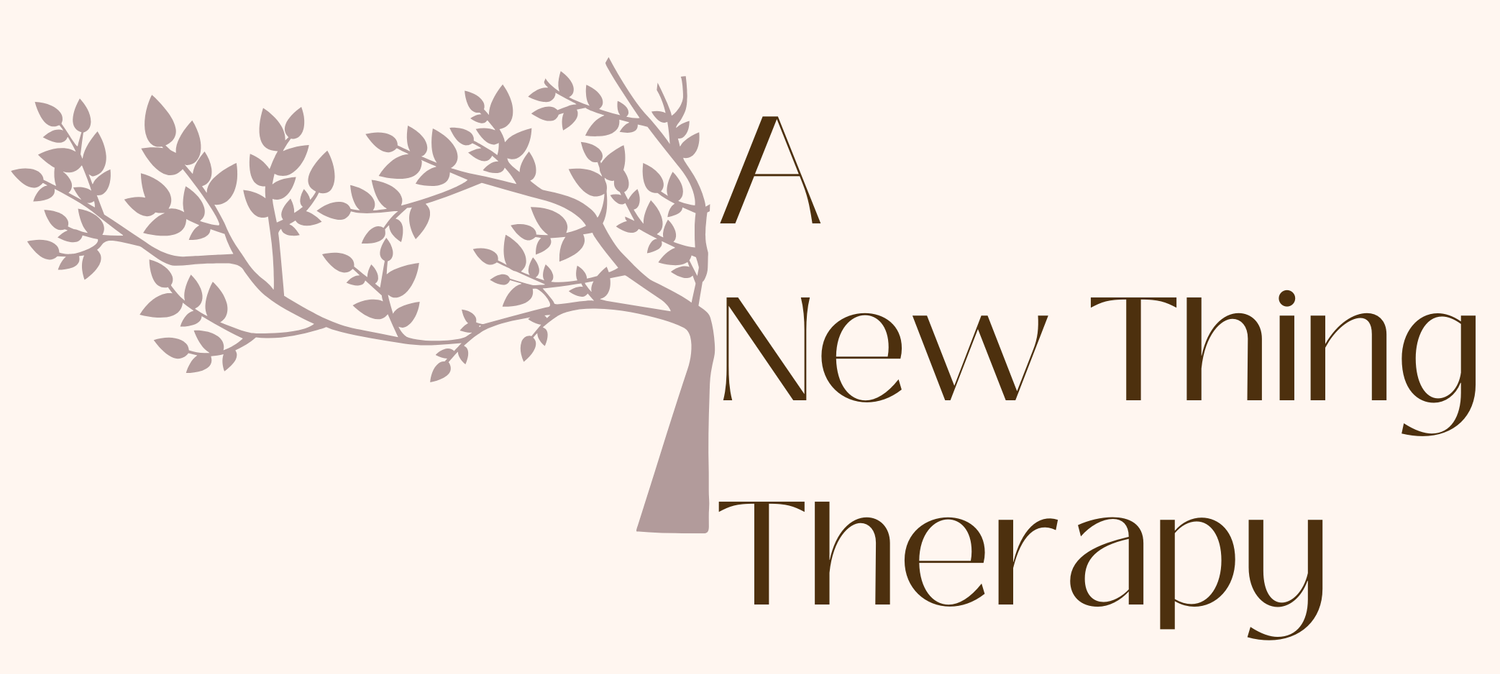Burned Out, Not Broken
Burned Out, Not Broken
Let’s be real.
If you’ve ever responded “I’m fine” or “I’m good” while secretly fantasizing about running away to a remote tropical island with zero Wi-Fi, no work, no bills, no responsibilities, and unlimited naps… you might be flirting with burnout.
You’re not lazy. You’re not weak.
You’re exhausted – in your soul, your bones, and probably your inbox too.
Let’s talk about it. Because burnout doesn’t just tap you on the shoulder—it slowly sets up camp, rearranges your peace, and tries to whisper that you have to hold it all together or your whole world will fall apart—and worse, it convinces you there’s no hope or way out. But here’s the truth: you were never meant to carry everything alone—and there is a way forward, there is hope, and healing is possible.
And if you need a visual, burnout looks a lot like the woman in Annie Lee’s painting “Blue Monday”—slumped over the bed, body heavy with dread, spirit aching for rest (go back and look at the picture associated with this blog). Think of it like that last brittle straw that breaks the camel’s back. Burnout isn’t always one dramatic collapse—it’s the slow build-up of carrying too much, for too long, with no break. It's the invisible weight of “just one more thing” over and over. Which I think is also displayed heartbreakingly in Tyler Perry’s movie Straw—a raw, emotional depiction of what it feels like to reach the end of yourself.
What is Burnout, Clinically Speaking?
Burnout isn’t just “being tired.” It’s a recognized psychological state, and the World Health Organization (WHO) classifies it as a syndrome resulting from chronic workplace stress that hasn’t been successfully managed.
But let’s take it beyond just the workplace—because burnout can show up in caregiving, ministry, parenting, relationships, activism, or even just trying to be everything to everyone.
Clinically, burnout is characterized by:
Emotional exhaustion – You feel drained, depleted, like your soul’s battery is stuck at 3%.
Depersonalization or cynicism – You start to feel detached, irritable, or even numb.
Reduced sense of accomplishment – You question if your work or efforts matter at all.
What Burnout Feels Like IRL
Burnout doesn’t always wave a flag. Sometimes it sneaks in dressed as:
Trouble sleeping or never feeling rested, no matter how much you sleep
Increased anxiety or irritability over small things (like someone breathing too loud)
Apathy or loss of interest in things you usually love
Trouble focusing or remembering things
Feeling overwhelmed by tasks that used to be easy
Using food, scrolling, or substances to cope
Spiritual numbness—feeling disconnected from God or like your prayers are hitting the ceiling
Sound familiar? You’re not alone.
Okay... So How Do I Start Tackling Burnout?
There’s no quick fix, but there is a way forward. Here's where we begin:
1. Name it. Don’t shame it.
Admitting you’re burnt out isn’t weakness—it’s wisdom. Self-awareness is step one in healing. If your phone can run out of battery, so can you. Recharge isn’t optional.
Giving yourself permission to rest without productivity guilt (yes, even if there are dishes in the sink and laundry in the basket)
Taking a break from social media for a few hours—or a full day
Drinking water before your third cup of coffee
Listening to worship music while you tidy up, instead of that intense true crime podcast
Setting a 5-minute timer to sit in silence, breathe deeply, and invite God in
Asking for help—whether it’s childcare, emotional support, or a listening ear
Lighting a candle, turning off the overhead lights, and just being still for a few moments
Scheduling a you-only activity this week: a bath, a journaling session, a drive with music, or doing absolutely nothing
Remember: burnout doesn’t ask for big solutions. It begs for consistent, small kindnesses—toward yourself.
3. Check in with your mind-body-soul connection
Burnout isn’t just mental—it’s emotional, physical, and spiritual. Try tuning in daily and asking:
“What does my body need today?”
“What is my spirit craving?”
“What can I let go of to make space for peace?”
4. Talk to someone
Therapy, coaching, pastoral counseling—these aren't luxury items. They’re lifelines. Burnout thrives in silence and isolation. Talking to someone doesn’t make you weak—it makes you brave. Whether it’s a partner or close friend or a wise trusted other who holds space without judgment, speaking your truth out loud begins to loosen burnout’s grip. Sometimes, we need someone else to help us sift through the noise and rediscover our spark.
A Faith-Based Reminder: Even Jesus Rested
In Mark 6:31, Jesus tells His disciples, “Come with me by yourselves to a quiet place and get some rest.”
If the Son of God made rest a priority, why do we feel guilty for needing it?
Burnout can create distance not only from ourselves, but from God. When we’re numb, it’s hard to feel His presence. But He’s still there. Patient. Gentle. Waiting.
Let God be your refuge—not just your rescue.
You don’t have to earn rest.
You don’t have to perform for peace.
You are allowed to stop striving and simply be.
“Come to me, all who are weary and burdened, and I will give you rest.” — Matthew 11:28
Final Thoughts: You’re Not Broken, You’re Human
Burnout is not a character flaw.
It’s a signal. A loving alarm that says:
“You’ve been carrying too much for too long without enough care.”
And here’s the good news: you don’t have to stay here.
With support, intention, and God’s grace, you can heal.
Let this be your sign to stop saying “I’m okay.”
You deserve better than okay. You deserve whole.
✨ Want more mental health content? Follow along for soul care, psychology, and reminders that you don’t have to hustle for your worth.
Click the right bottom corner to read the next blog or
Follow on Instagram : @anewthingtherapy_pllc
